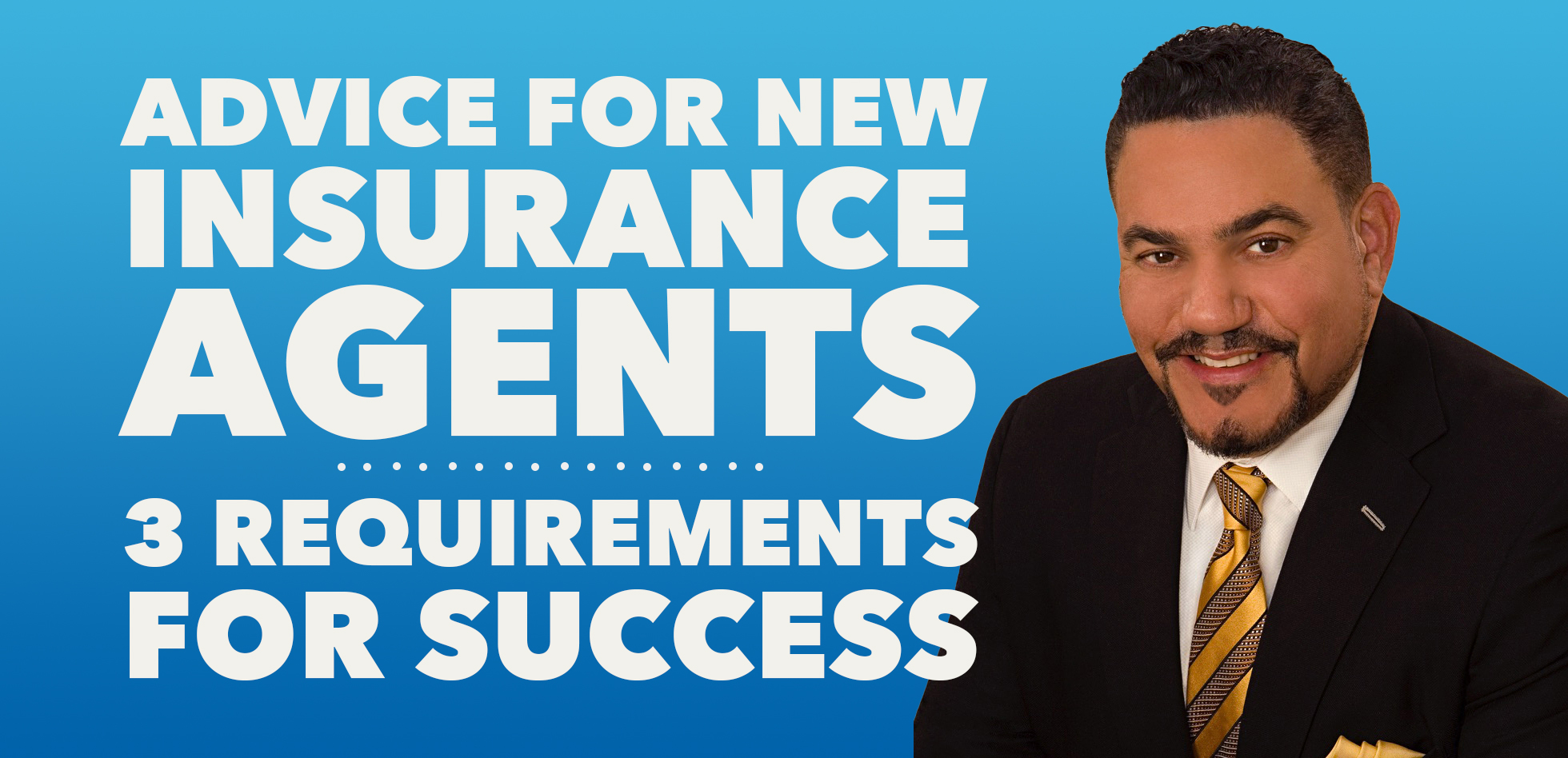Congrats! You passed your exam, and you’re now a real estate agent. You’re probably wondering, “What are the first steps I need to take to get the ball rolling?” The answer is simple—start building your database. Although this may seem overwhelming initially, don’t worry, it’s not as complicated as it sounds. Creating and leveraging your database is an art. Use this 4-step guide to get started to make it an income-producing workhorse.
Step 1: Create a contact template
Before assembling your list, create an easy-to-read template that includes your contacts’ names, email addresses, and phone numbers, as well as birthdays, anniversaries, marriages, the birth of grandchildren, graduations, and other life events which are important to acknowledge. Remember, your goal is to obtain as much personal information about them as possible so you can start building rapport.
Step 2: Build a list of 100 contacts
During your first ninety days as a new agent, your goal should be to compile a contact list of at least 100 people you know. Whether you inherently have a large sphere of influence or a smaller orbit, there are several ways to create a well-rounded database.
Family and friends
This may be the most straightforward list to compose. However, as you begin to compile names, you might realize that you don’t have all their contact information. Use this opportunity to reach out and update their profiles. Your sphere of influence is a key component to building your referral business to gain momentum.
Business contacts
Depending on how extensive your past-and-present network of professional contacts is, you may be able to add a handful of people to your list. Consider people from your networking groups and professional organizations you are a member of, as well as others you have met at conferences, webinars, or other events you recently attended.
Organization contacts
The contacts you know through volunteering in civic, social, athletic, religious, and school organizations can be a gold mine for your database. But, of course, you may already have a leg up, as giving your time for the greater good shows you’re a person who cares about others. There’s no better way to connect with other like-minded people than through philanthropic organizations.
Acquaintances
Regardless of your database size, adding people you may communicate with less frequently, such as owners of stores you patronize and your healthcare professionals, is just another great way to build your contact list. Because these acquaintances already know you, they will likely be open to giving you their contact information.
Social media connections
Leverage your social media connections. If you don’t have their complete contact information, the hosts of Stay Paid recorded a podcast episode about numerous ways to get contact information from you social media contacts, including sending a DM and running a contest. They also provide tips about how to ask if you haven’t been in touch for a while.
Step 3: Establish a daily call routine
Once you complete your list, it’s time to pick up the phone! Commit to making ten calls per day, as well as creating a calendar with your daily goals, such as how many calls you will make and what you accomplished. This will help you stay focused, productive, and accountable—some people even set up a reward system to keep on track.
Also, be sure to practice and know your scripts before calling your contacts. Whether it’s a family member or friend, a past business associate, or an acquaintance, doing so can help you remain in control of the conversation, gather the information you need, and build rapport. Always ask if they know someone who may be getting ready to buy or sell and may need real estate advice and be sure to give them a way to send you any referrals. Also, use this opportunity to ask permission to add them to your email list to receive informative, real estate updates.
Here’s a sample script you can use to get started. But remember, it’s important to make it your own so you don’t sound robotic.
Step 4: Select your Customer Relationship Management (CRM) system
Your CRM enables you to add, manage, and track your progress with potential customers and existing clients. With proper care and attention, the contacts in your database will become the primary driver of a successful real estate career.
Choosing a CRM system
There are several automated CRM systems you can choose from, such as Salesforce, Hubspot, or AirTable. You can even opt for a manual one by creating an Excel spreadsheet—many successful agents use this format. ReminderMedia also offers its customers the ability to upload a list of contacts and manage it through their account. They can create separate lists depending on the type of contact and are able to mark contacts with a label to signify where they are in the sales process. Your CRM should be your best friend if you commit to using it consistently. Make sure you utilize your CRM to:
Categorize each contact
There are several ways to categorize your contacts. You can base it on your relationship with them, including family, friends, colleagues, and acquaintances. You may want to sort them by a hot or warm lead, or a not-now contact.
Record your daily call activity
Enter the contact’s information and any comments you feel will be helpful in future conversations. This may include when to follow up if they have plans to buy or sell, and even if they do not have any current real estate needs.
5 key takeaways
- Leverage the contacts in your database as they are your gold mine of new business leads.
- Develop a daily call routine to stay consistent and form healthy work habits.
- Know your scripts to remain in control of the conversation and gather the necessary information.
- Focus on building rapport and relationships.
- Use your CRM to maintain and track your progress.
Do you want to live a life of freedom by closing more deals and retaining more customers? Then follow this guide to get you there!









 Apple Podcasts
Apple Podcasts
 Google Play
Google Play
 Spotify
Spotify


















